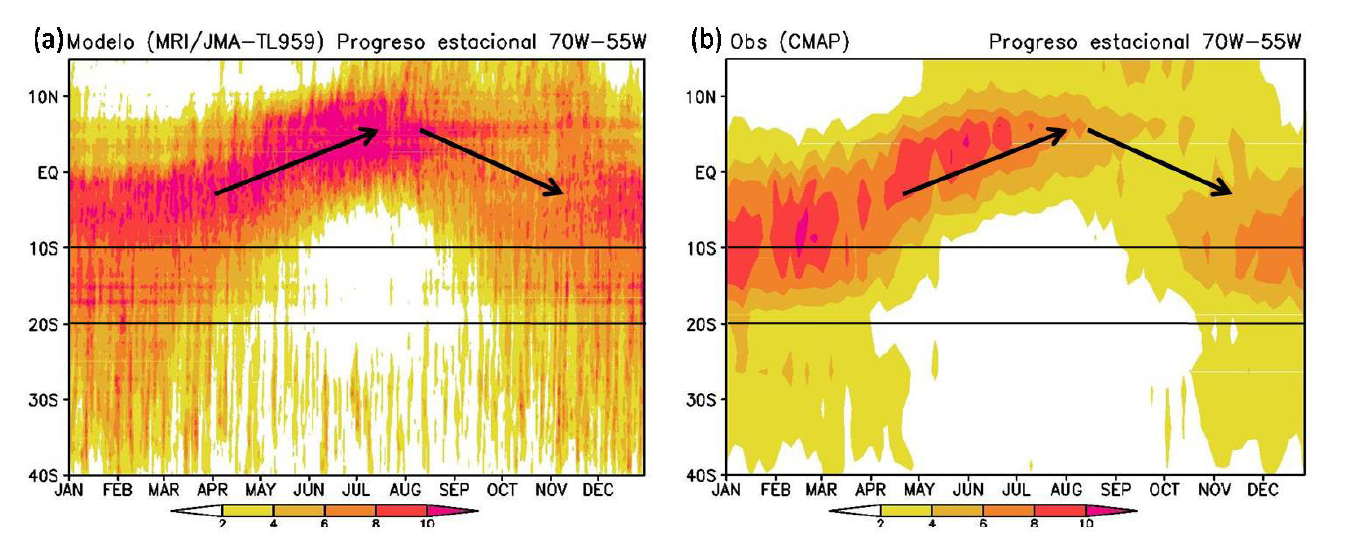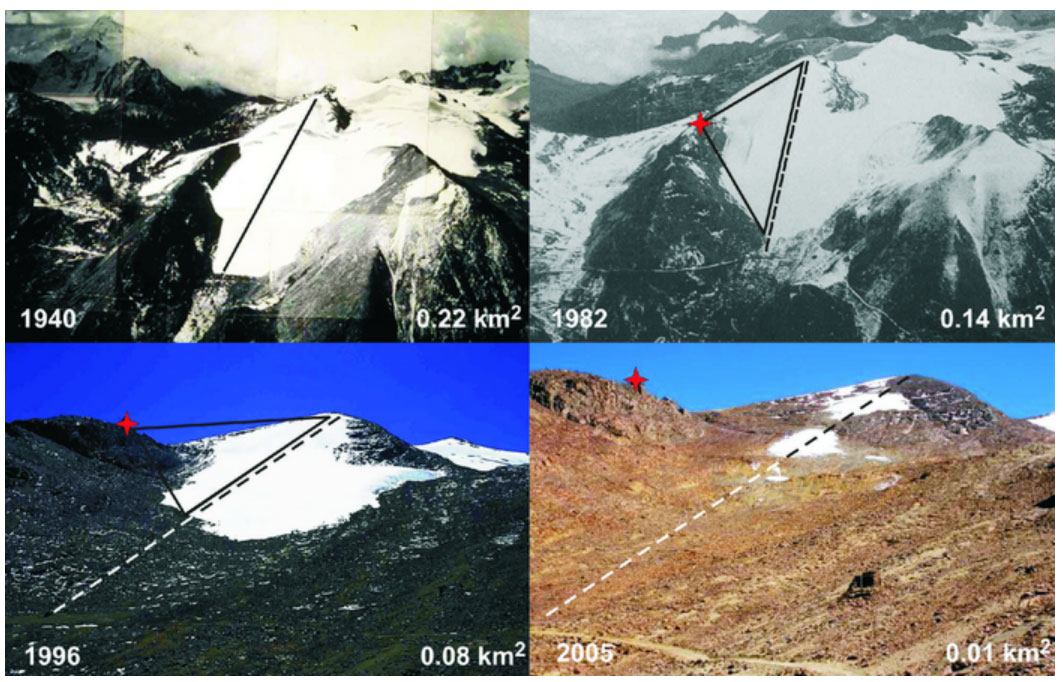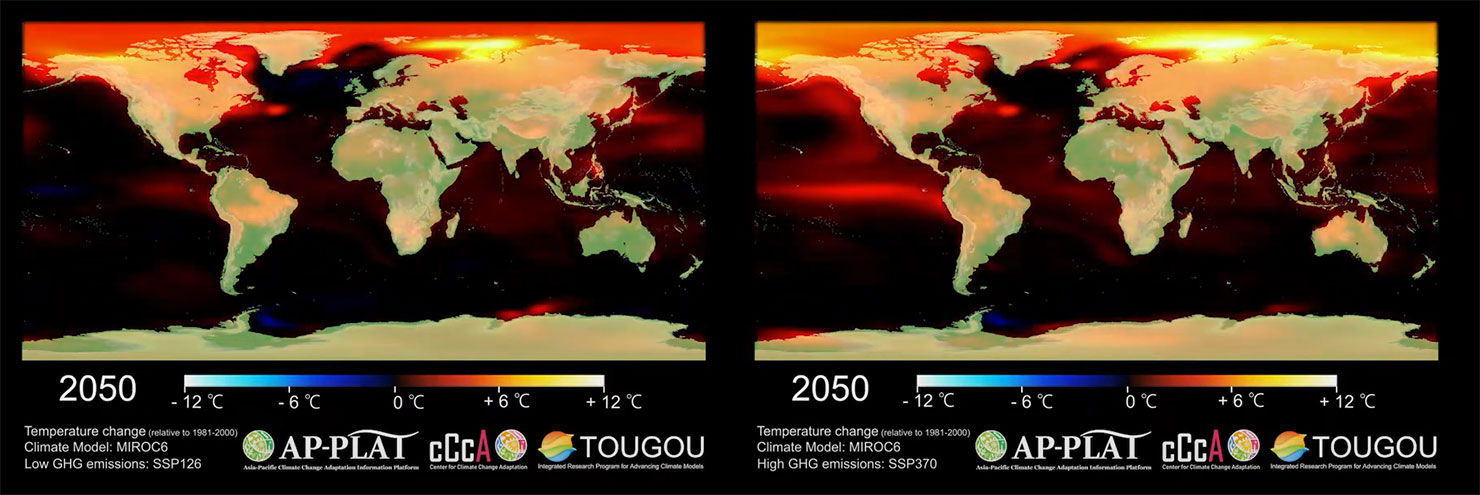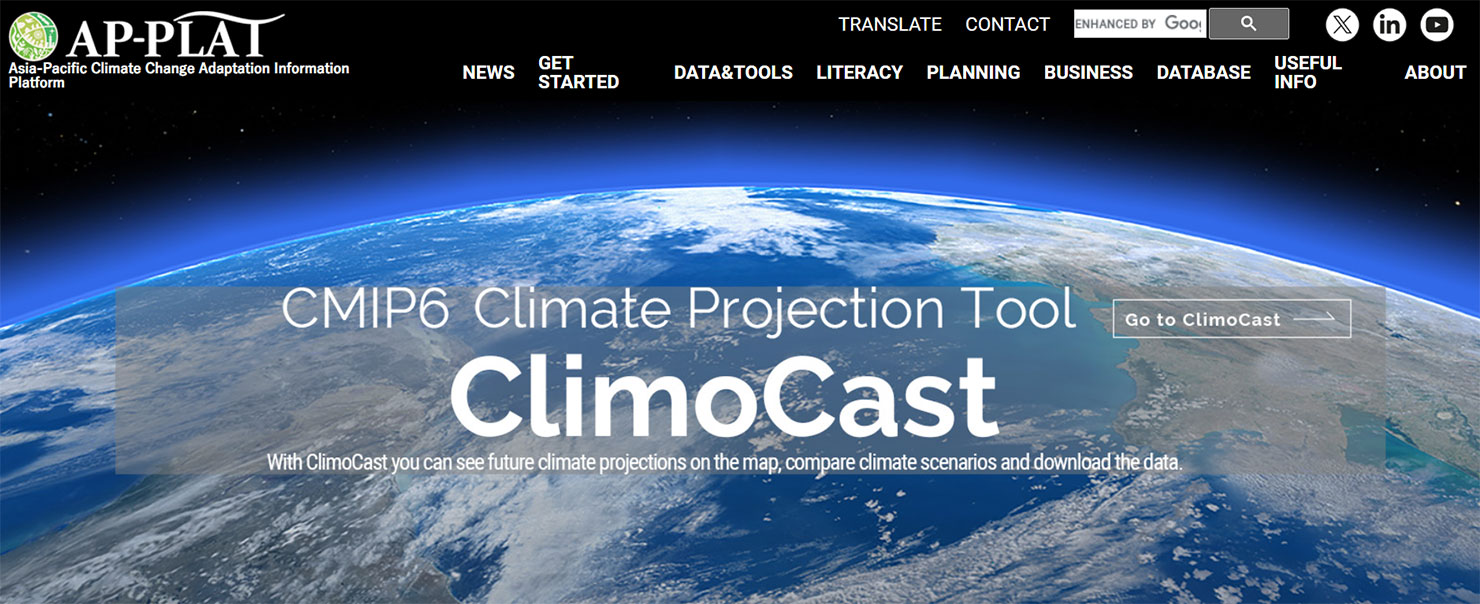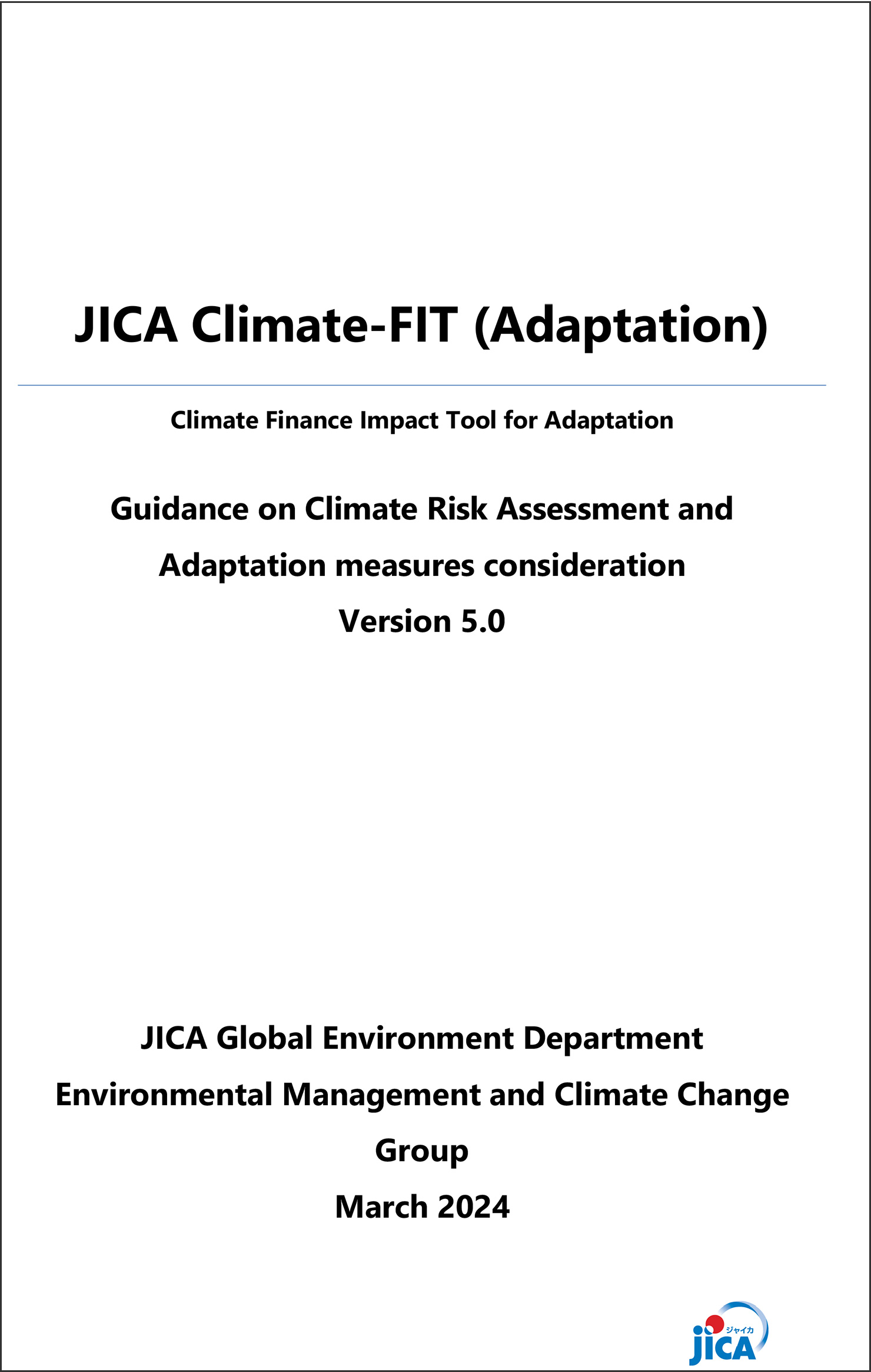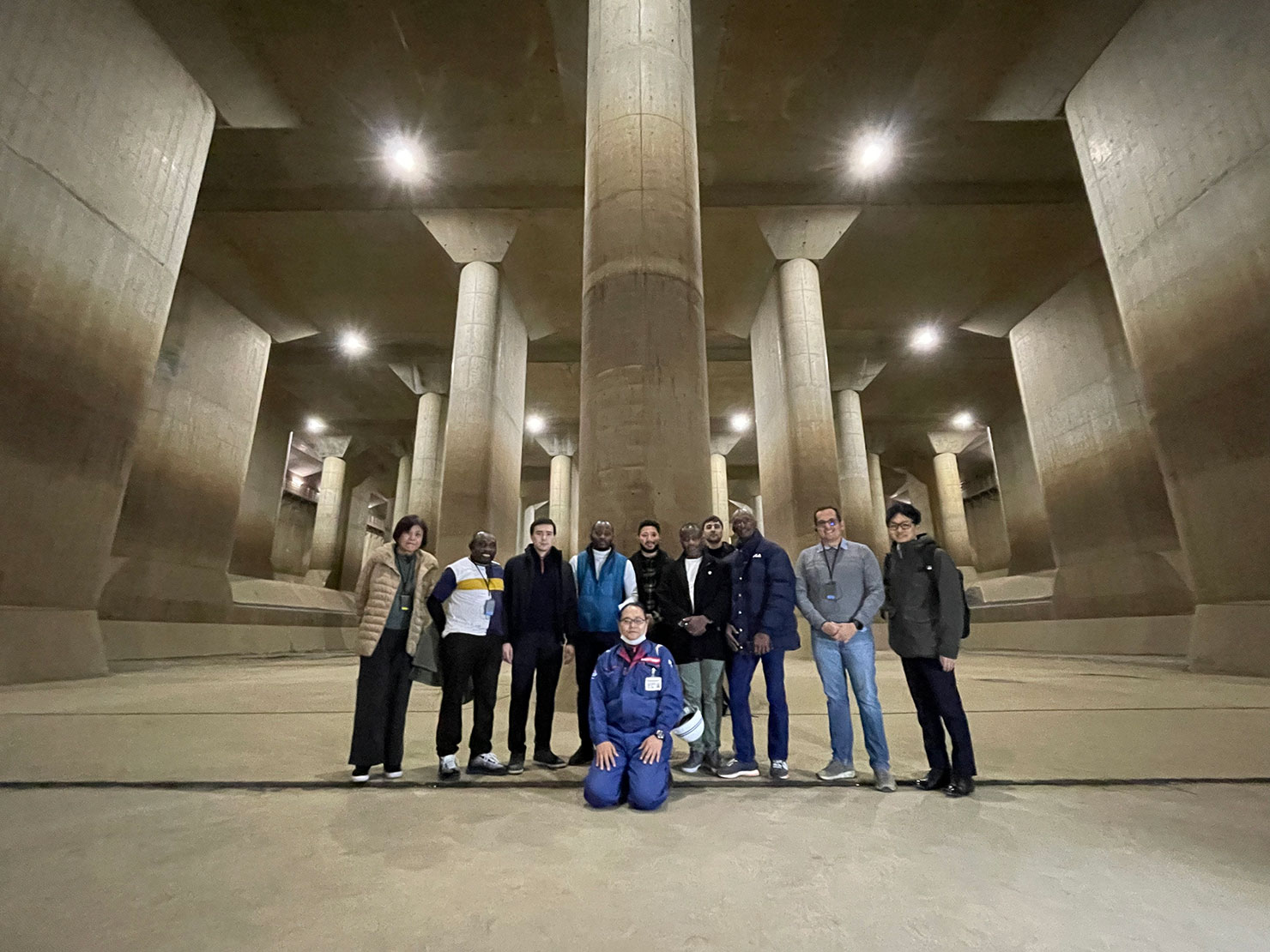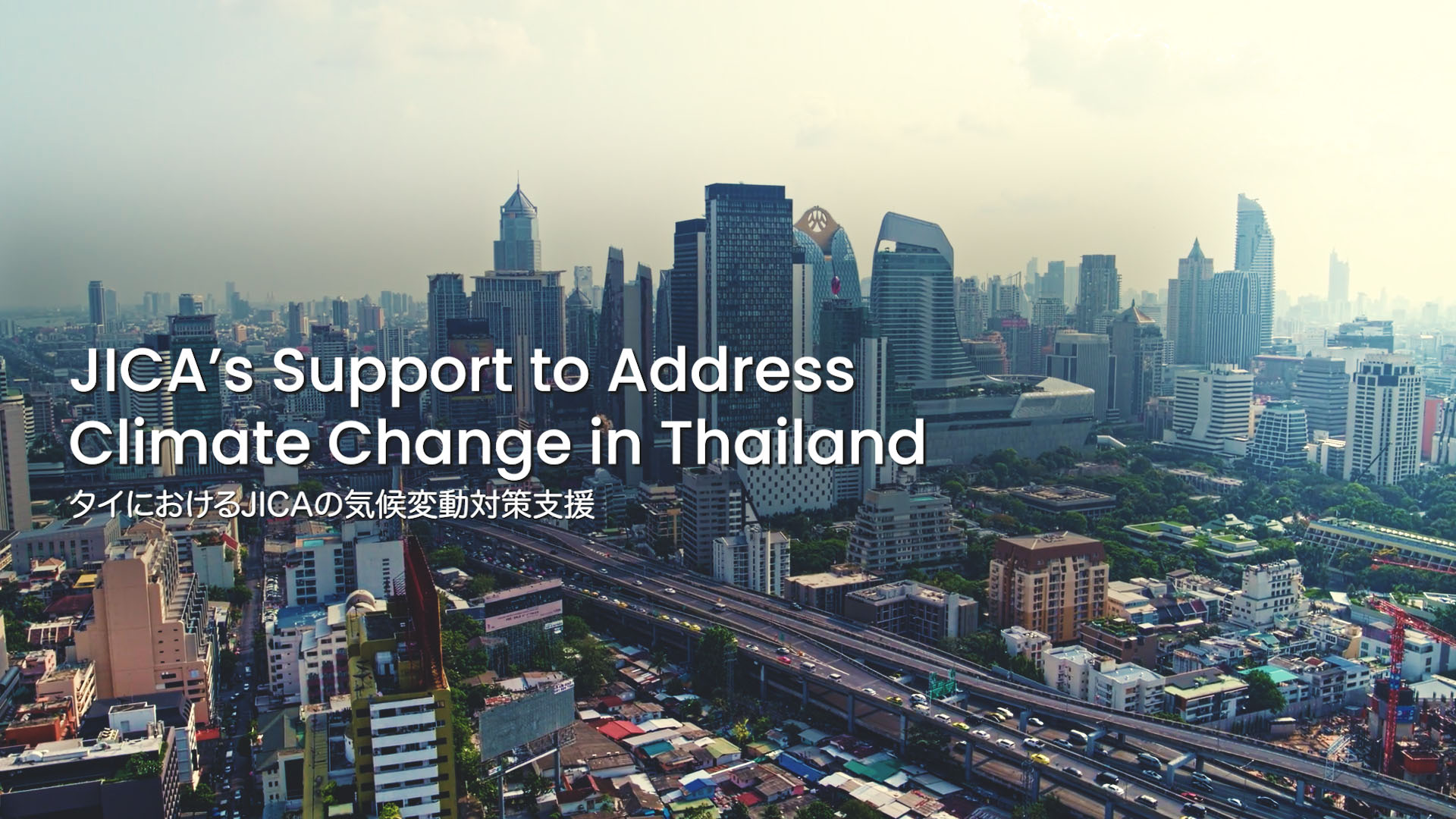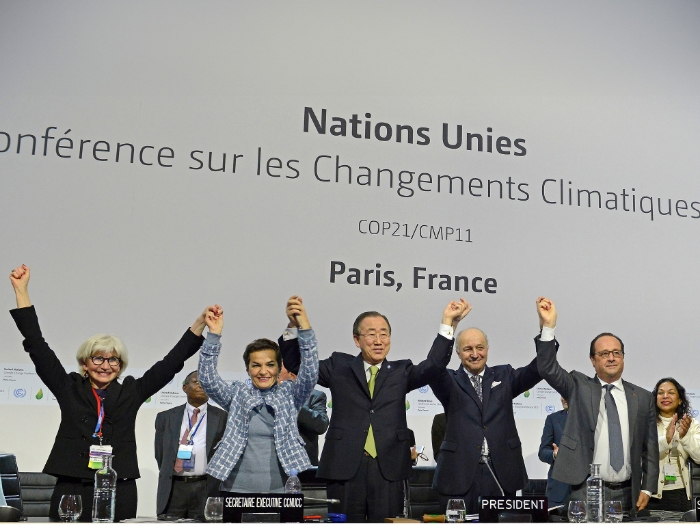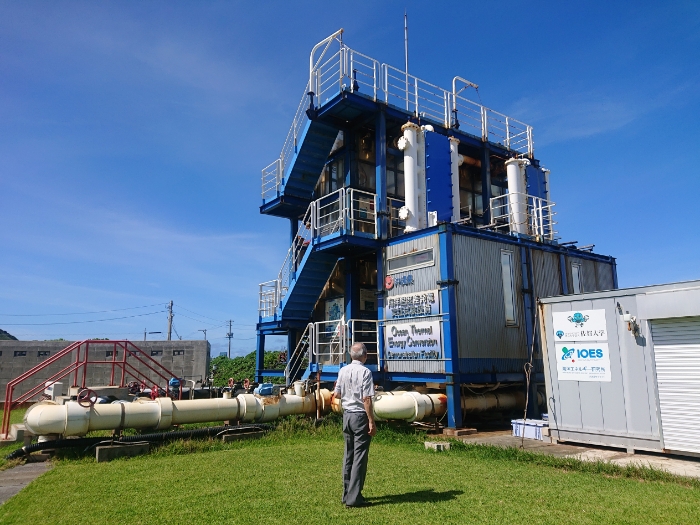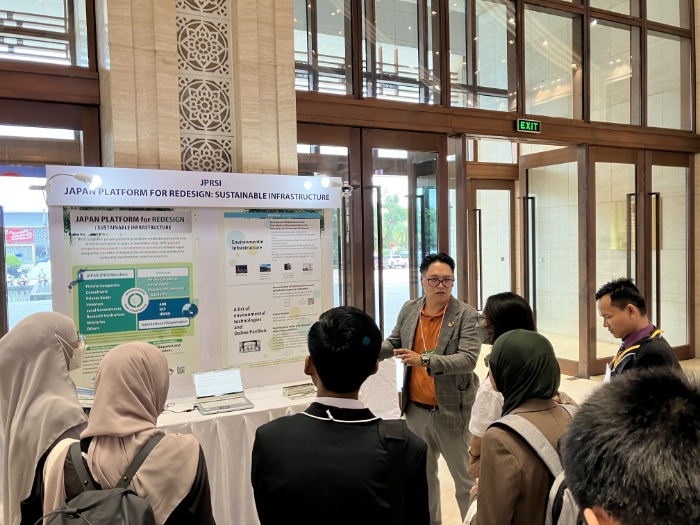Roles of the OECC
Because the climate system is a complex and not one that can be fully understood visually, it is not easy to identify the impacts of climate change in the field and find the coping strategies such as adaptation measures to reduce its risks.
Taking full account of such assumptions and constraints, the OECC works on both science and community-driven adaptation anchored on the field. Our experts in the field of climate dynamics, impact assessment and adaptation measures, policy formulation support for developing countries, ecology, coastal ecology, and oceanography bring their own backgrounds to work on the adaptation projects. Going forward, the OECC will focus on conducting research and formulating adaptation projects that highlight nature positivity and biodiversity.


